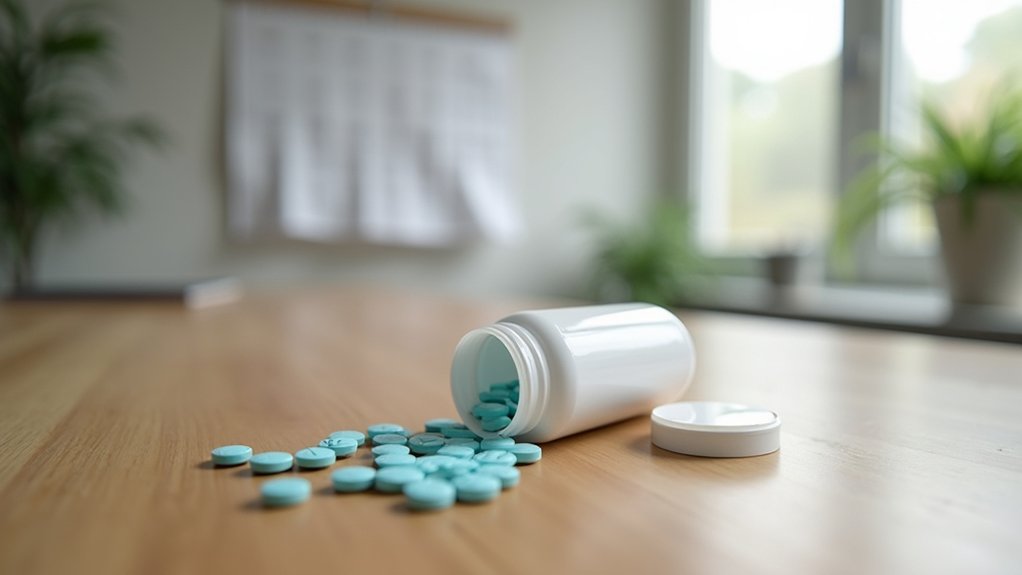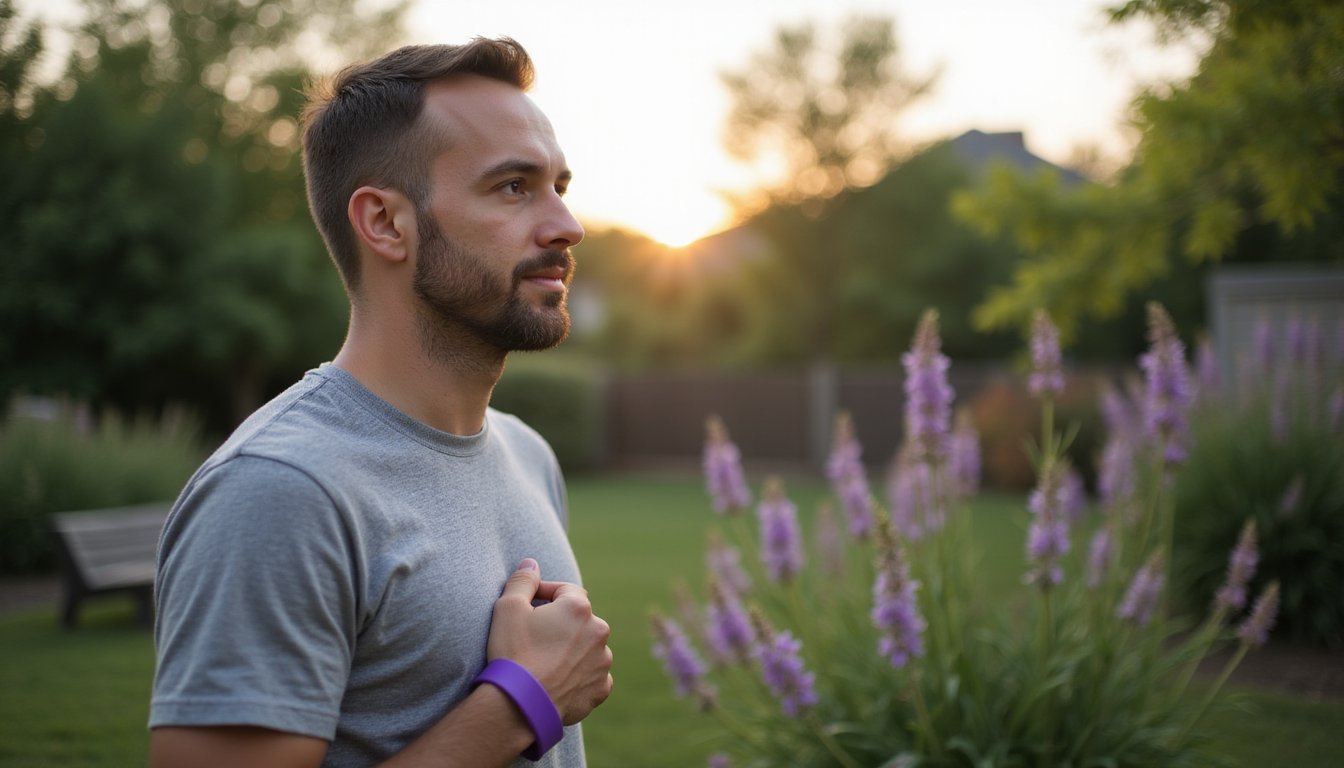Anxiety and Depression: Which Do I Have (or Is It Both)?
Anxiety and depression. Two words we hear a lot, but they can often feel confusing, overwhelming, or even interchangeable. If you’ve ever wondered, What am I feeling? Is this anxiety, depression, or both? You’re not alone. Understanding the difference between anxiety and depression can help you recognize what you’re experiencing and how to address it. Anxiety often feels like your mind is racing forward, imagining worst-case scenarios and filling your thoughts with what-ifs.
Depression, on the other hand, feels more like a heavy cloud of hopelessness or exhaustion that keeps you stuck. Let’s break it down together in a way that’s easy to understand and, hopefully, relatable. Mental health can be a heavy topic, but talking about it openly is a big step toward understanding and healing.
What Are Anxiety and Depression?
Let’s start with the basics. Anxiety and depression are both mental health conditions, but they show up in very different ways—and yet, they can overlap. Here’s a closer look at each.
What is Anxiety?
Anxiety is that all-too-familiar what-if voice in your head. It’s the constant worry about the future, overthinking every scenario, and feeling on edge even when everything seems fine. It’s not just about feeling nervous before a big test or presentation; it’s a persistent feeling of dread that can stick with you for no apparent reason.
Some common symptoms of anxiety include:
- A racing heart
- Sweaty palms
- Restlessness or feeling “on edge”
- Trouble concentrating
- Feeling like something bad is going to happen, even when there’s no reason to think so
For many, anxiety can also manifest physically, like stomachaches, headaches, or even muscle tension.
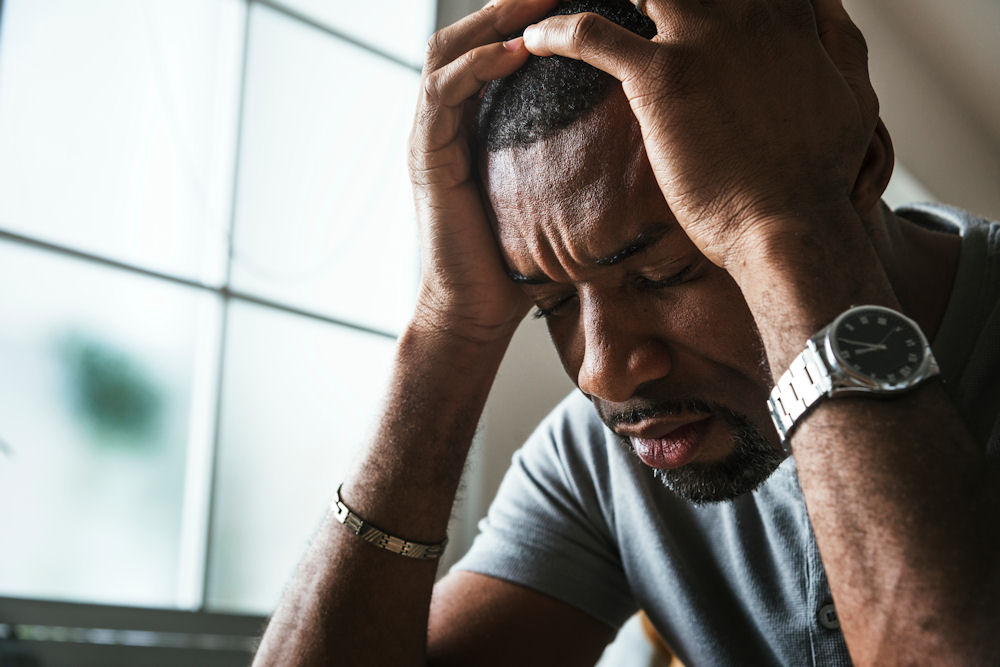
What Is Depression?
Depression, on the other hand, often feels like a heavy cloud that won’t go away. It’s not just sadness; it’s a deep sense of emptiness, hopelessness, or exhaustion that colors everything in your life. Depression can sap your energy, take away your interests, and make even small tasks feel monumental.
Symptoms of depression can include:
- Persistent sadness or a “numb” feeling
- Losing interest in things you once enjoyed
- Changes in appetite or weight
- Trouble sleeping or oversleeping
- Feeling worthless, guilty, or like a burden
- Thoughts of self-harm or suicide
Unlike anxiety, which feels more like heightened energy in overdrive, depression often feels like the complete opposite—an overwhelming lack of energy or motivation.
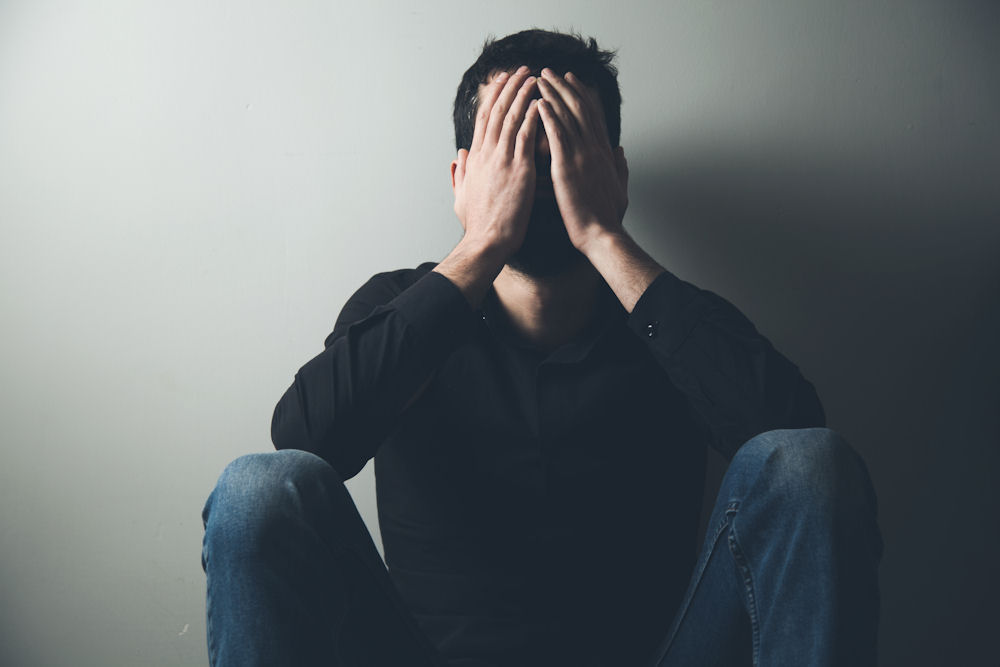
How Are Anxiety and Depression Similar?
Here’s where it gets tricky: anxiety and depression can sometimes feel like two sides of the same coin. Both are rooted in our emotions and thoughts and can affect our ability to function day-to-day. They can both:
- Impact sleep patterns (too much or too little sleep)
- Cause physical symptoms (like fatigue or stomach issues)
- Lead to negative thought patterns (worry for anxiety; hopelessness for depression)
- Affects daily routines and productivity, making even simple tasks feel overwhelming.
- Make it challenging to maintain relationships due to emotional strain or withdrawal.
In some cases, people with anxiety can feel so overwhelmed that they end up feeling drained and depressed. On the flip side, someone with depression might start to feel anxious about their inability to function or meet expectations.
This overlap makes it essential to understand the difference between anxiety and depression. While anxiety typically revolves around fear and uncertainty about future events, depression often stems from feelings of hopelessness tied to the past or present. Recognizing this distinction can help you better identify what you’re experiencing and seek the appropriate support. For example, someone with anxiety may feel restless or panicked, whereas someone with depression might struggle to muster any energy at all. However, the two can interact, creating a challenging cycle where feelings of anxiety fuel depression, and vice versa.
Difference Between Anxiety and Depression
While they share some similarities, anxiety and depression have distinct differences that set them apart. Recognizing these differences can help you better understand your experience and seek the most effective support.
Focus of Thoughts
Anxiety is future-focused, filled with what-if thoughts about what could go wrong. It’s often rooted in fear and anticipation of potential danger or failure. Depression, on the other hand, is more about the past or present. It tends to be tied to feelings of regret, loss, or hopelessness—a belief that things won’t get better.
Energy Levels
Anxiety often feels like your body and mind are on overdrive. You might have a restless, jittery energy that makes it hard to sit still or relax. Depression feels like the complete opposite—a draining lack of energy or motivation. Even getting out of bed can feel like a monumental task.
Emotional Tone
Anxiety comes with feelings of fear, nervousness, or worry. It’s that heightened sense of alertness that keeps you on edge. Depression, however, carries a deep sadness, numbness, or apathy. It’s not necessarily about feeling bad—sometimes, it’s about feeling nothing at all.
Physical Responses
Both anxiety and depression can cause physical symptoms, but they manifest differently. Anxiety might bring rapid heartbeat, sweating, trembling, or an upset stomach. Depression, on the other hand, often leads to fatigue, body aches, and changes in appetite or sleep patterns.
Thought Patterns
Anxiety often triggers a cycle of overthinking or catastrophizing: imagining worst-case scenarios and obsessing over details. Depression tends to involve negative self-talk, feelings of worthlessness, or hopelessness about the future.
Think of anxiety as an overactive brain that won’t stop worrying, always looking ahead with fear. Depression is more like a heavy fog that makes everything feel impossible, keeping you stuck in place. Both can make life feel overwhelming, but they do so in very different ways.
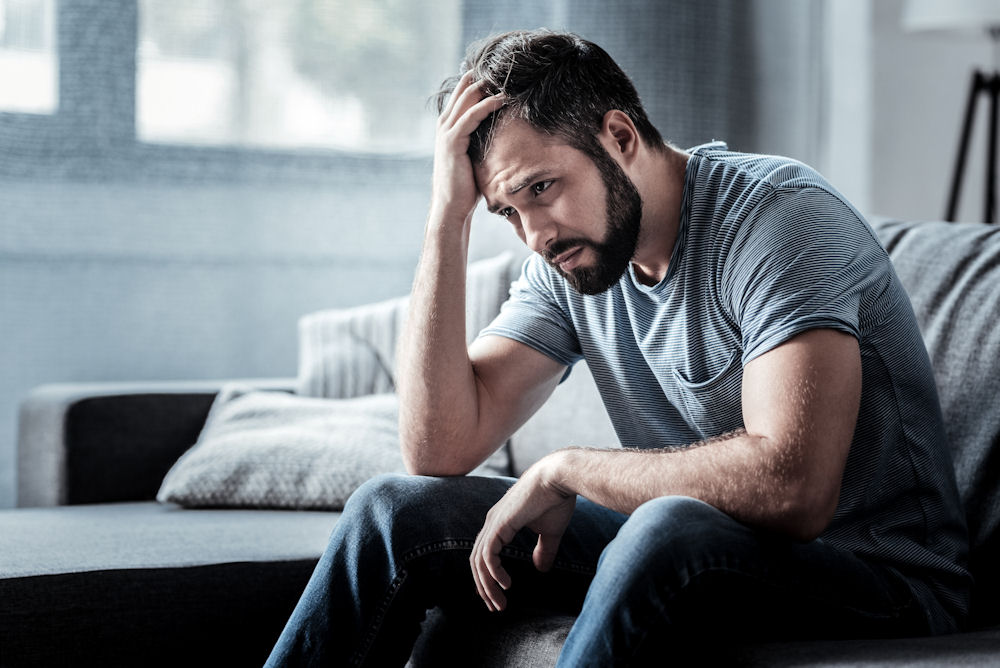
Is It Possible to Have Depression and Anxiety at the Same Time?
Yes, and it’s more common than you might think. According to the Anxiety and Depression Association of America (ADAA), nearly 50% of people diagnosed with depression are also diagnosed with an anxiety disorder. This coexistence is referred to as comorbid anxiety and depression, where the symptoms of one condition can worsen the other.
For example, someone with anxiety may feel overwhelmed by constant worries about their future, which can lead to feelings of hopelessness and exhaustion—key signs of depression. On the flip side, someone dealing with depression might struggle with low energy and motivation, which can trigger anxiety about unmet responsibilities or expectations.
When both conditions exist together, the symptoms can become amplified and harder to manage. Breaking this cycle often requires professional support, such as therapy or medication, to address both conditions simultaneously.
Treatment for Anxiety and Depression
The good news? Both anxiety and depression are treatable. You don’t have to live your life feeling like this forever. There are plenty of options to help you find relief and reclaim your life.
Therapy
- Cognitive behavioral therapy (CBT): This is a popular and effective method that helps you challenge negative thought patterns and develop healthier coping mechanisms.
- Adventure therapy: This innovative approach combines outdoor activities with therapeutic practices to help individuals build confidence and manage their mental health.
- Individual therapy or Group therapy: These approaches provide tailored support, helping individuals explore their emotions, improve relationships, and develop coping skills.
Medication-Assisted Treatment
Lifestyle Changes
Support Systems
Talking to someone—whether it’s a friend, family member, or therapist—can make a world of difference. Knowing you’re not alone can help ease the weight you’re carrying. Joining a support group can also provide a sense of community and shared understanding.
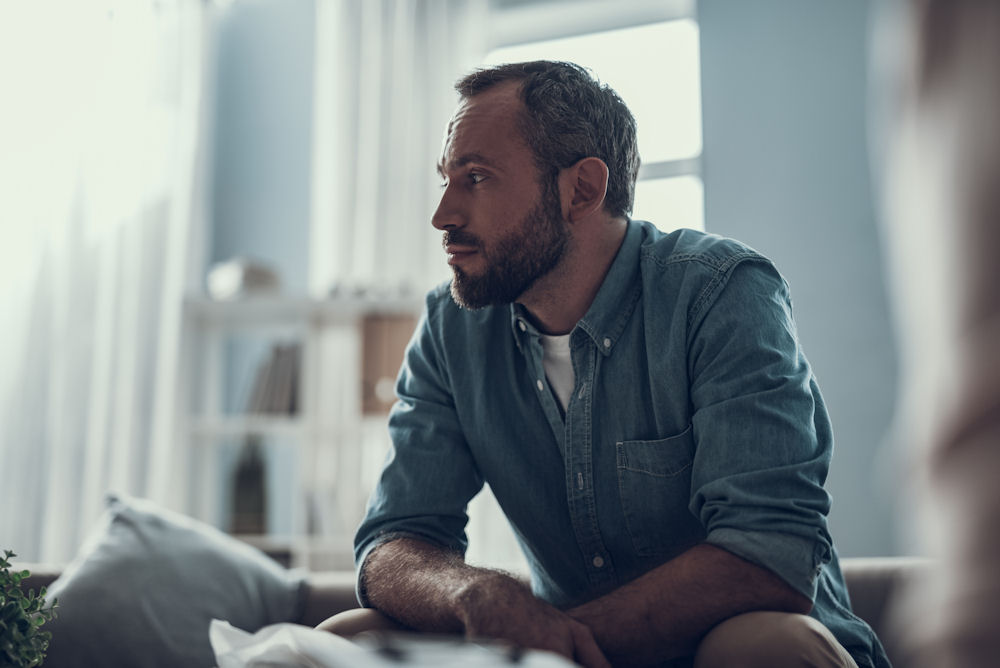
Help for Mental Health Is Available at Immersive Recovery
At Immersive Recovery in Encinitas, California, we understand that living with anxiety, depression, or both can feel overwhelming. But here’s the thing: you don’t have to navigate it alone. Our team of compassionate professionals specializes in personalized treatment plans to help you find relief and rediscover joy in life.
If you or someone you love is struggling, don’t wait. Reach out to us today and take the first step toward healing. Because you deserve to feel good again—body, mind, and soul.

